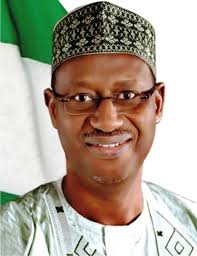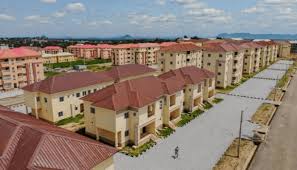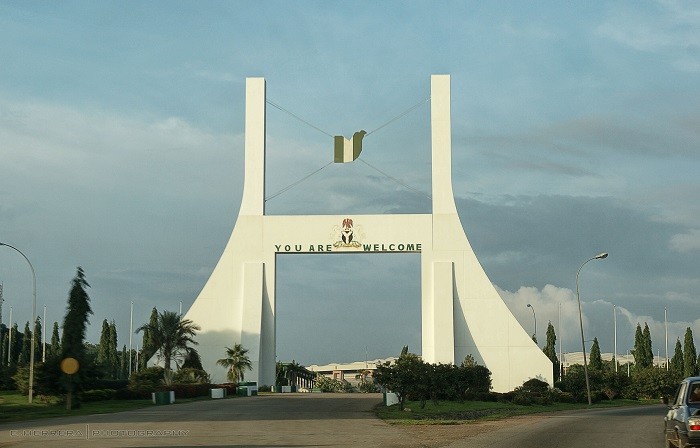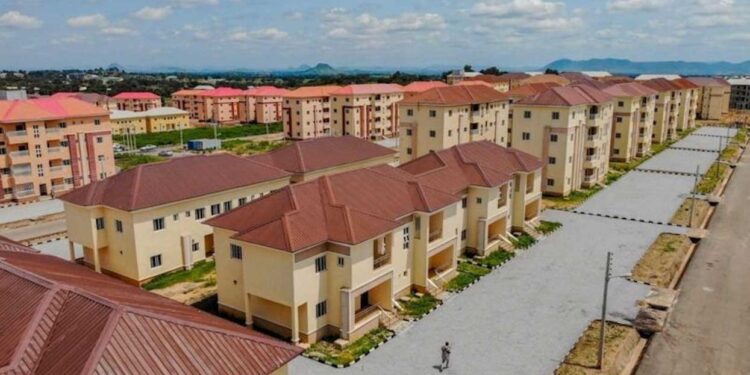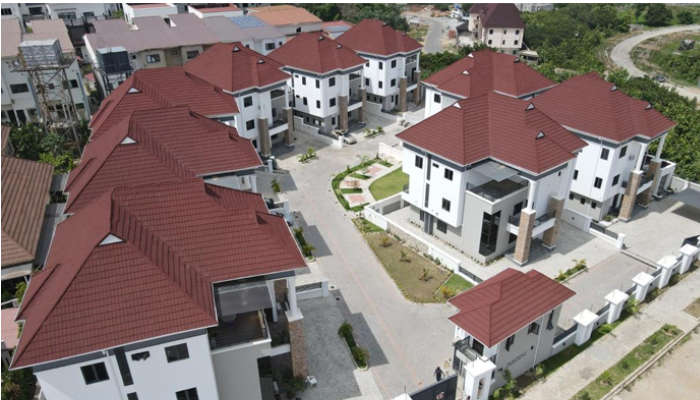
Experts canvass proper management of Nigeria’s water resources
A research report by the American Water Works Foundation in 1996 pointed out key basic principles of total water management globally. It stated that water is renewable but limited and should be managed on a sustainable use basis.
This principle, according to findings from the Nigeria Integrated Water Resource Management Commission (WRC), means that natural resources are not finite and that future challenges are inevitable and therefore, called for efficient water management.
It was based on this principle that the Federal Government (FG), established NIWRMC in May 2007 for proper formulation of acceptable water policy and its management.
NIWRMC was established with the core mandate of regulating Nigeria’s water resources, planning, and development, as well as defining water footprint standards in the waterways. The commission is expected primarily to, among other roles, be responsible for regulating activities relating to water resources and provide the technical and economic requirements for all aspects of its development. In addition, it is mandated to issue water licences and monitor the conduct of the licensees to ensure compliance with conditions attached to the licences.
A water management expert, Engr. Paul Roche observed that what is of particular economic significance among the commissions’ tasks is the licensing of water users and operators in Nigeria. According to him, part of the objectives of empowering the commission to issue licences to water users as contemplated by the framers of the NIWRMC Act were for proper coordination of multiple water use in a river basin; check indiscriminate drilling of boreholes, which has become rampant in the country with the attendant consequence of degradation and to stem the growing tide of water-related disasters such as flooding and drought.
Unfortunately, however, from the days of its pioneer coordinating Director, Inuwa Musa, in 2007 to date, the commission has been struggling to live up to these mandates, largely hindered by overbearing bureaucracies and influence, lack clear laws of operations due to the none passage of the water resources bill, according to an official of the commission.
According to information obtained from the NIWRMC’s newsletters, the commission’s major policy direction at the moment is to change water resource management from a purely technical matter to a broader understanding of water and related resources as having environmental, social and economic dimensions.
With the new direction, officials of the commission said, a new lease of optimism is in the air. The new leadership has introduced the concept of drones to determine the depth of sedimentation of a pond at Jabi Lake, a major mark in today’s waterworks.
Another approach by the commission is its current cooperation with partners on key areas of collaboration. A water Engineer, Ngbede Oyine, said the management has been able to successfully coordinate the regional management authority and service areas for emergencies.
Other areas where the commission has not yet demonstrated proficiency include the conjunctive use of water. Conjunctive water use refers to the simultaneous use of surface water and groundwater to meet crop demand. According to experts, to optimize conjunctive use of water, the best way forward is to concentrate on capacity building of irrigation system managers to improve system management and reshape the hydraulic infrastructure of large and small-surface systems.
To sustain groundwater use in tube well-irrigated areas, enhancing recharge from precipitation and surface water imports is necessary. None of these improvements, according to experts, can be made without the proper institutional and organisational development, including the passage of the water management resource bill before the National Assembly. The bill, when passed would greatly reinvigorate the commission for outstanding performances.
According to analysts, the essence of the pending water resource bill before the National Assembly was to give proper direction to water resource management in the country. The bill, when passed would also to strengthen private sector partnership in the management of the water industry.
In line with the mandate of the commission, it recently granted a water usage license to Messrs Mabon Limited, an indigenous hydropower generation company, in addition to five other companies earlier granted licences. During the license presentation ceremony, the Executive Director Bashir re-echoed the new thinking in managing the nation’s water resources development from traditional practices to global best practices, which requires the establishment of an appropriate legal and institutional framework and policies to drive the process.
The commission has also organised a workshop for water users and licensed water operators to properly understand what is expected in their operational policy and guide them to adhere to terms and conditions contained in the act. This workshop was held for the various regional offices across the catchment offices on the theme “water regulations and licensing for effective delivery of catchment level.”
Despite renewed zeal, the commission is still facing some challenges, according to information obtained from its newsletter of February 2020. Top on the list is how to protect the country’s aquatic habitat for natural and ecological systems when managing flood control.
Another challenge faced by the commission is how to ensure functional integration, which involves managing fresh water and wastewater within a single unit. Nigeria is still a far cry from this modern water management technique, which is already old-fashioned in developed countries.
According to water experts, the freshwater cycle serves multiple functions. It is simultaneously a critical generator of food, energy, and other ecological services, a key regulator of the earth’s climate, and a recipient and transmitter of change through floods and droughts caused by global warming. As such, the effective functioning of the water cycle is fundamental for resilience, which means the capacity of social-ecological systems to deal with shocks, adapting to changing conditions and transforming in crises.
SOURCE: Guardian.ng
Similar Topics
Event Set to Celebrate Managers Who Shape Careers and Drive Organizational Growth Business...
10 days ago Read MoreGlobal Leaders to Converge in Lagos for Landmark Event Driving Urban Innovation and...
11 days ago Read MoreIn a bold move to redefine affordable luxury housing, Nigerian real estate giant Gtext Holdings has...
19 days ago Read MoreIndustry Experts Urge Anti-Corruption Measures, Innovative Financing to Address Crisis By: Oche...
24 days ago Read MoreLAGOS, NIGERIA – Global real estate consultancy Knight Frank and UK developer Mount Anvil...
26 days ago Read MoreBy Oche Onum Lagos, Nigeria As Nigeria’s real estate sector braces for 2025, rapid...
a month ago Read MoreBy Oche Onum Abuja, Nigeria In a landmark move to combat climate vulnerabilities in urban...
a month ago Read MoreLAGOS, NIGERIA The Federal Government announced plans Wednesday to establish a Real Estate...
a month ago Read MoreAccording to The Guardian's investigation, 70% of Nigerian states rely on manual land...
a month ago Read MoreWhat is the Initiative? The Federal Government of Nigeria has unveiled an N100 billion private...
a month ago Read MoreAbuja, Nigeria’s gleaming administrative capital, has long symbolized hope for migrants...
a month ago Read MoreAbuja, Nigeria The Federal Housing Authority (FHA) has suspended all ongoing construction projects...
a month ago Read MoreLagos, Nigeria Amid Nigeria’s escalating housing affordability crisis, real estate...
a month ago Read MoreRenowned Nigerian gospel artist Mercy Chinwo has broken her silence in an emotional video...
a month ago Read MoreThe Nigerian real estate market is projected to hit $2.25 trillion by the end of 2025, according to...
a month ago Read MoreNigeria’s Minister of Housing and Urban Development, Ahmed Dangiwa, has called on...
2 months ago Read MoreAffordable Housing and Luxury Properties Set to Propel Nigeria's Real Estate Market Over the Next...
2 months ago Read MoreHope for improved housing supply in Nigeria may remain unfulfilled, as the 2025 fiscal budget...
2 months ago Read MoreNigeria commemorated its annual Armed Forces Remembrance Day on January 15, honoring military...
2 months ago Read MoreNigeria’s ongoing GDP and CPI rebasing reveal real estate has overtaken oil and gas as the...
2 months ago Read More

